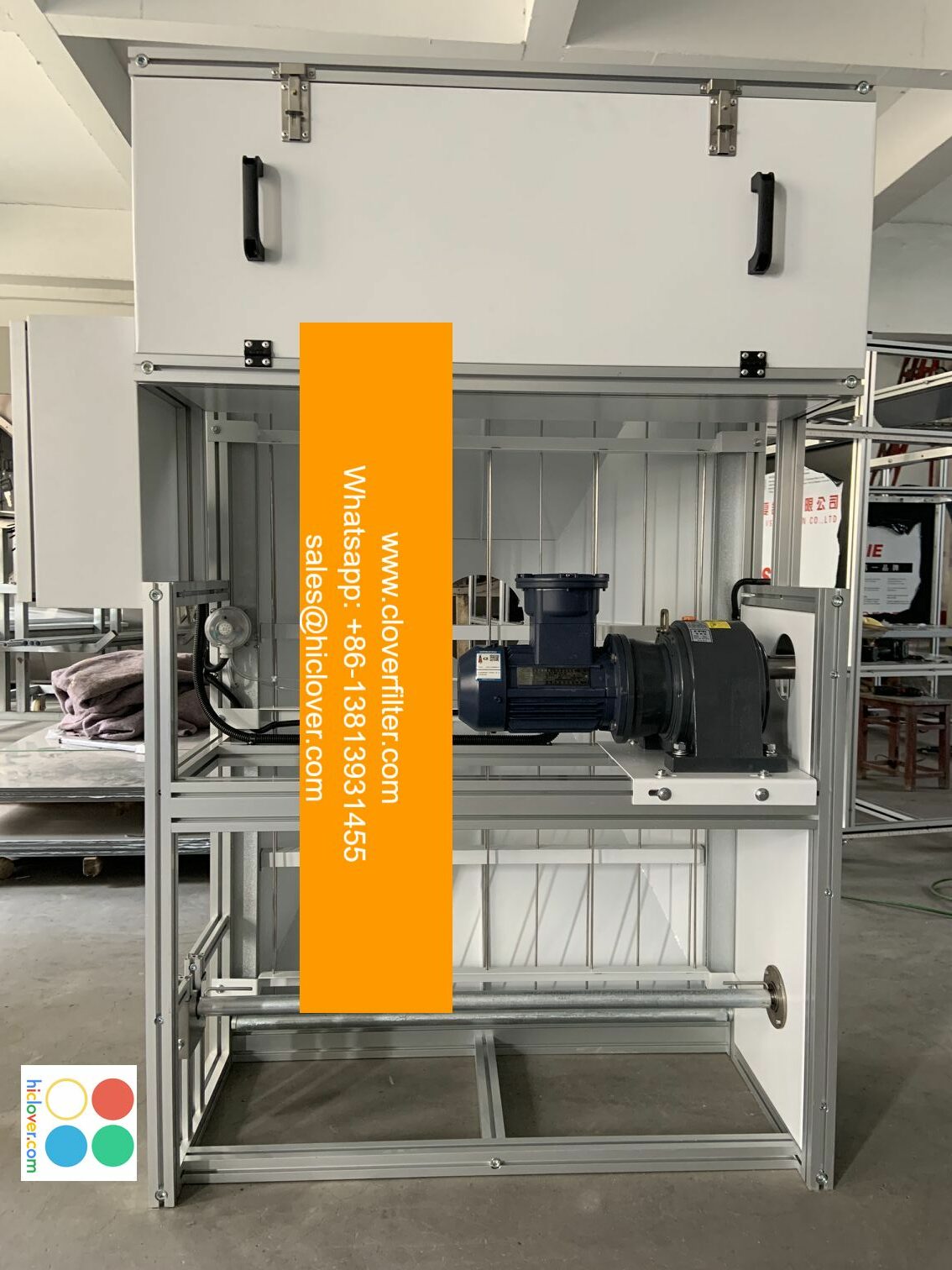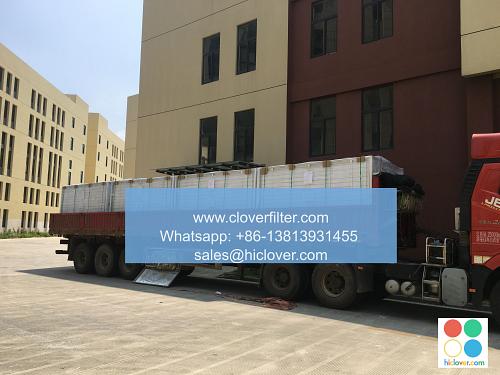The Importance of Regular Maintenance for Automatic Roll Air Filters in Montreal Biotech Cleanrooms

Biotech cleanrooms in Montreal, like many other industries that rely on precise control over environmental conditions, utilize automatic roll air filters to maintain the highest level of air purity. These filters are crucial for preventing contamination and ensuring the quality of products and research in these sensitive environments. However, the effectiveness of these filters is highly dependent on regular maintenance. In this article, we will explore the importance of regular maintenance for automatic roll air filters in biotech cleanrooms, highlighting the benefits, best practices, and potential consequences of neglecting this critical aspect of cleanroom operation.
Automatic roll air filters are designed to continuously filter the air in cleanrooms, removing particles and contaminants that could compromise the environment. These filters are made of a roll of filter media that unwinds as it becomes saturated with particles, ensuring a consistent flow of clean air. Given their continuous operation, it’s essential that these filters are regularly maintained to ensure they function optimally. This includes tasks such as monitoring the filter’s saturation levels, replacing the filter media as needed, and performing routine checks for any signs of damage or malfunction.
One of the primary reasons regular maintenance is important for automatic roll air filters is to prevent a decrease in air quality. If the filter is not properly maintained, its efficiency in removing particles and contaminants decreases, potentially leading to contamination within the cleanroom. This can have serious consequences, including the spoilage of sensitive biological materials, the failure of experiments, and even the risk of exposing personnel to harmful substances. Furthermore, maintaining high air quality is not just about preventing immediate contamination but also about ensuring the long-term reliability and consistency of research and production processes.
Another significant benefit of regular maintenance is the extension of the filter’s lifespan and the reduction of operational costs. An automatic roll air filter that is well-maintained will last longer than one that is neglected. Regular replacement of the filter media and addressing any issues promptly can prevent more costly repairs or even the need for premature replacement of the entire filter system. Additionally, maintaining the filter’s efficiency helps in reducing the energy consumption of the cleanroom’s HVAC system, as it doesn’t have to work harder to compensate for decreased filter performance.
Best practices for the maintenance of automatic roll air filters include setting up a routine schedule for checks and replacements, training personnel on the proper procedures for maintenance and troubleshooting, and keeping a record of all maintenance activities for future reference. It’s also crucial to follow the manufacturer’s guidelines for the specific filter model in use, as different filters may have unique requirements for maintenance and operation.
Despite the importance of maintenance, many facilities may overlook this aspect due to busy schedules, lack of awareness, or misconceptions about the filters’ durability. However, neglecting regular maintenance can lead to severe consequences, including but not limited to, increased risk of contamination, higher operational costs, and potential downtime of critical processes. In biotech cleanrooms, where the stakes are particularly high due to the nature of the work, such oversights can have far-reaching implications on research outcomes, product quality, and ultimately, public health and safety.
In conclusion, regular maintenance of automatic roll air filters is indispensable for maintaining the integrity and efficiency of biotech cleanrooms in Montreal. By prioritizing these maintenance tasks, facilities can ensure the highest level of air purity, prevent contamination, extend the lifespan of their equipment, and reduce operational costs. Given the critical role that these filters play in supporting research and production activities, investing time and resources into their maintenance is not just a best practice but a necessity.
FAQs
Q: How often should automatic roll air filters be replaced?
Replacement frequency depends on the manufacturer’s recommendations and the specific operational conditions of the cleanroom. Generally, the filter media should be replaced when it reaches a certain level of saturation, which can be monitored through the filter’s control system or by performing regular visual checks.
Q: Can maintenance be performed by in-house staff, or is external expertise required?
While some routine maintenance tasks can be performed by in-house staff, particularly if they are trained on the specific filter models in use, more complex issues or repairs may require the expertise of the manufacturer’s service technicians or specialized cleanroom maintenance professionals.
Q: How does regular maintenance impact the energy efficiency of a biotech cleanroom?
Regular maintenance of automatic roll air filters helps in maintaining their efficiency, which in turn reduces the energy consumption of the cleanroom’s HVAC system. An efficient filter requires less energy to push air through, thereby reducing the overall energy footprint of the cleanroom.

